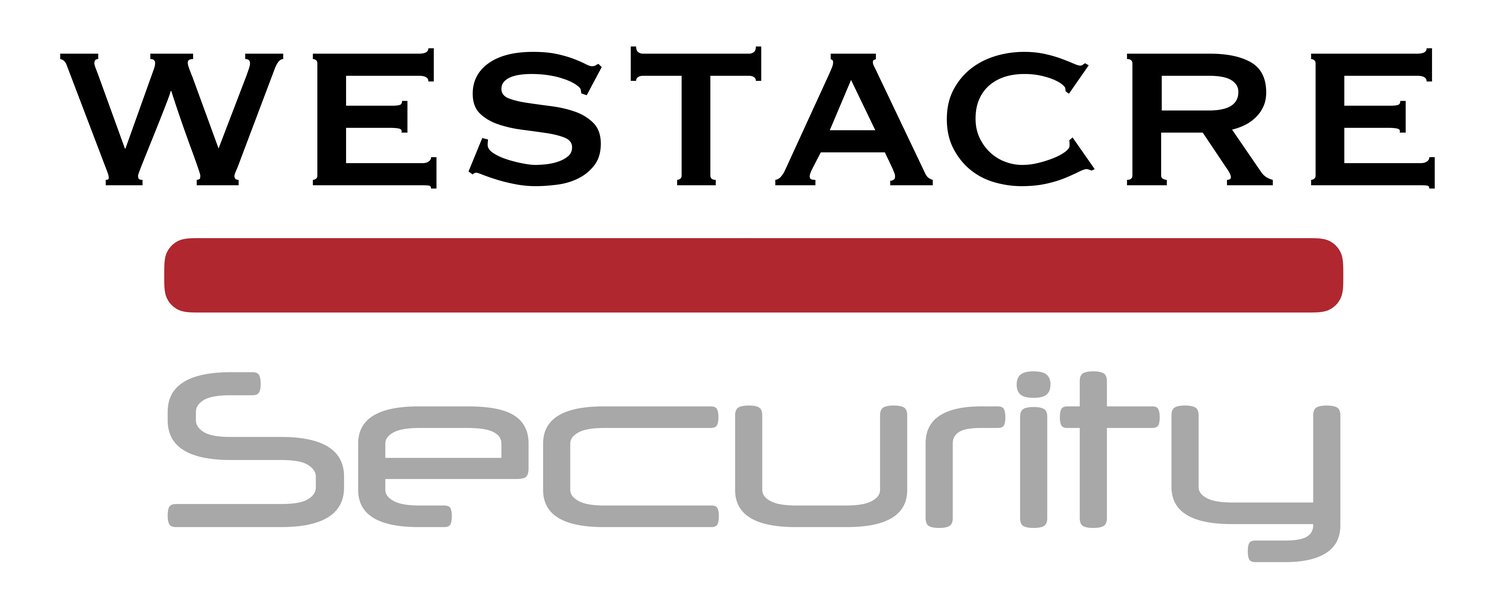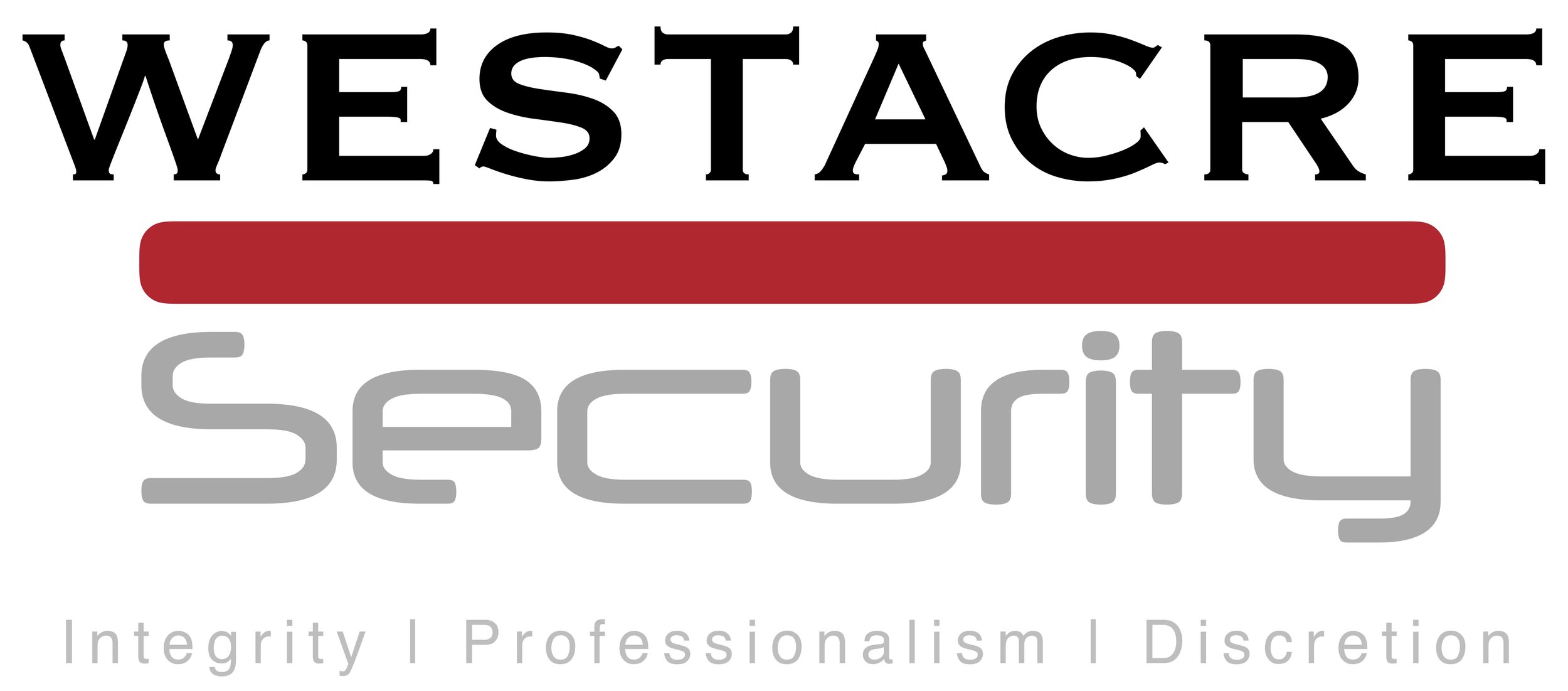Security Key Workers
/Following the Government’s introduction of restrictions on work in order to combat the spread of Coronavirus, the Security Industry Authority (SIA) have confirmed that licence holding security personnel, essential to national infrastructure, who fall into one of designated critical sectors will be classified as key workers:
Health and social care (doctors, nurses, paramedics, midwives, social workers, care workers, and other frontline health and social care staff including volunteers; the support and specialist staff required to maintain the UK’s health and social care sector; those working as part of the health and social care supply chain, including producers and distributers of medicines and medical and personal protective equipment).
Education and childcare (childcare, support and teaching staff).
Key public services (those essential to the running of the justice system, religious staff, charities and workers delivering key frontline services, those responsible for the management of the deceased, and journalists and broadcasters who are providing public service broadcasting).
Local and national government (this only includes those administrative occupations essential to the effective delivery of the COVID-19 response, or delivering essential public services, such as the payment of benefits, including in government agencies and arms length bodies).
Food and other necessary goods (those involved in food production, processing, distribution, sale and delivery, as well as those essential to the provision of other key goods such as hygienic and veterinary medicines).
Public safety and national security (police and support staff, Ministry of Defence civilians, contractor and armed forces personnel who are critical to the delivery of key defence and national security outputs and essential to the response to the COVID-19 pandemic, fire and rescue service employees including support staff, National Crime Agency staff, those maintaining border security, prison and probation staff and other national security roles, including those overseas).
Transport (those who will keep the air, water, road and rail passenger and freight transport modes operating during the COVID-19 response).
Utilities, communication and financial services (staff needed for essential financial services provision such as workers in banks, building societies and financial market infrastructure; the oil, gas, electricity and water sectors including sewerage; information technology and data infrastructure sector as well as key staff working in the civil nuclear, chemicals, telecommunications - including but not limited to network operations, field engineering, call centre staff, IT and data infrastructure, 999 and 111 critical services; postal services and delivery; payments providers and waste disposal sectors).
Regarding non- licence holding security personnel including ‘in house guards’, then you may still travel to work, if that work absolutely cannot be done from home. Your aim should be to stay at home whenever possible. If this is not viable then assess whether you can deliver more services remotely e.g. through CCTV. If a physical presence is required then you should seek to minimise the number of staff deployed to the lowest safe level and ensure social distancing is applied.
Note that in any circumstance, critical worker or otherwise, the Prime Minister has been very clear that ensuring social distancing remains the responsibility of the employer. At Westacre Security, we have been keeping abreast of this fast moving crisis for several months now and continue to maintain a dynamic approach to keeping our business running, including:
Increased on site hygiene measures inline with the lates NHS advice.
Financial support for sub contractors.
A robust escalation plan for our clients should the threat increase or a civil unrest situation develops.



